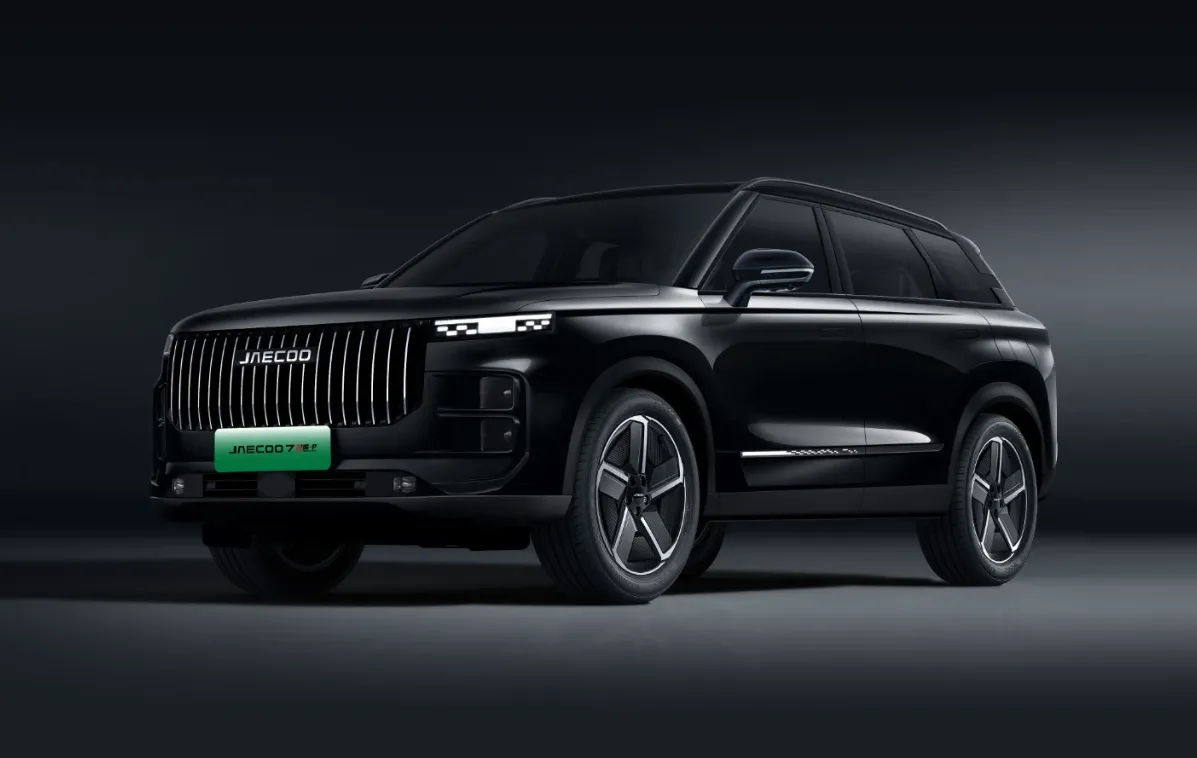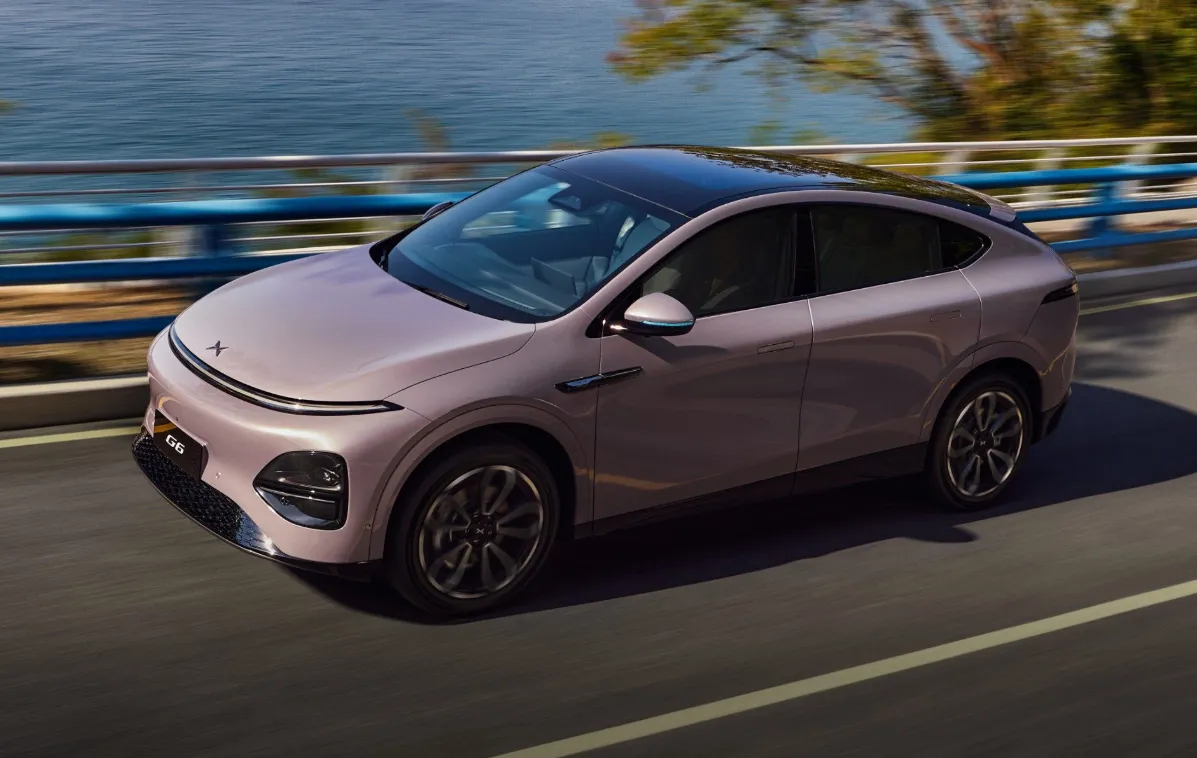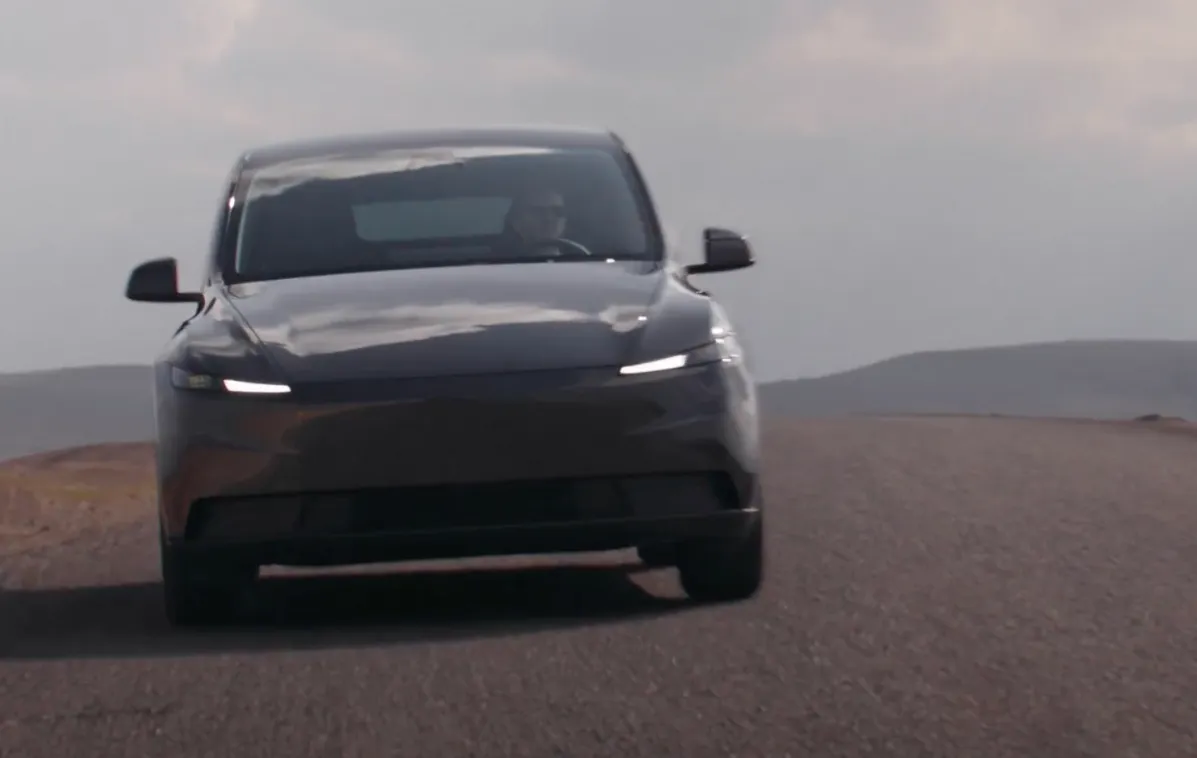The new AI Port from Ubiquiti was announced recently and it allows cameras that don't support AI features to support them. This includes third party cameras that work with ONFIF and official cameras from Ubiquiti, such as the G4 and G5 cameras. This gives them access to people, animal, vehicle and speech detection as well as licence plate recognition.
At the moment, the AI Port can only be used with one camera. Even though a lot of the marketing from Ubiquiti suggests that the AI Port has to be plugged into each camera, in reality it can be plugged anywhere into the network and this is where the AI Port Rack comes in.
The new AI Port Rack holds up to six AI Port devices and keeps them neat and tidy. In future software updates, the AI Port will be able to handle:
- ONVIF 2K: Up to 2 cameras
- ONVIF HD: Up to 3 cameras
- Protect Cameras: Up to 5 cameras
Ubiquiti has said though that one individual AI Port cannot manage a mix of third party and Protect cameras.
The new AI Port Rack is on sale now in the US for $69 and is marked as 'coming soon' in the UK for £66.










